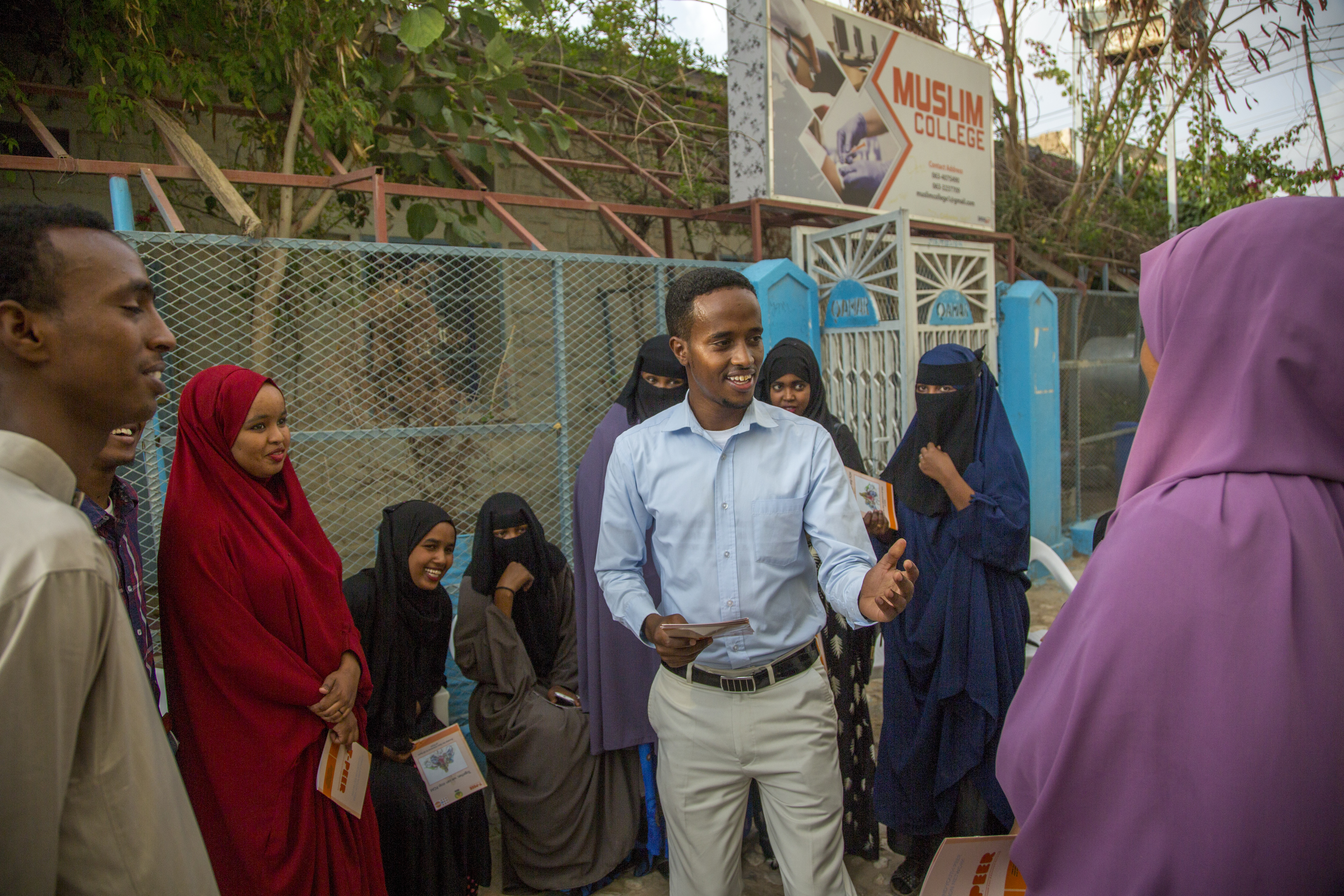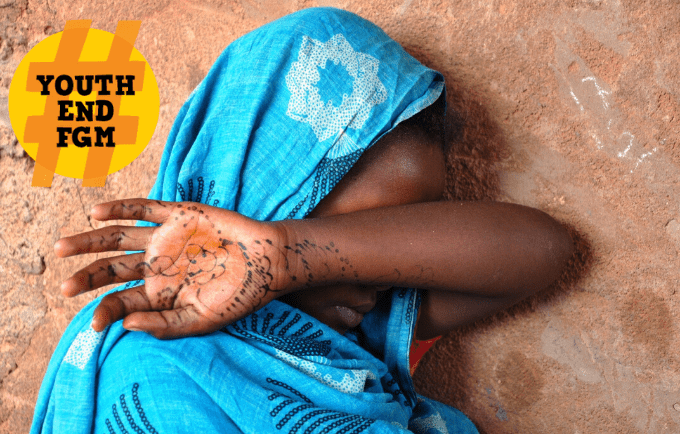An Overview:
It was in 2012 that the UN General Assembly designated February 6th as the international Day of Zero Tolerance for Female Genital Mutilation. As it is the case with most international days, the day aims to mobilize all efforts to bring an end to a harmful practice.
In 2020, we are hoping to mobilize the youth and unleash their power to highlight the seriousness of the issue and hopefully eliminate it by 2030, which aligns with the commitments made at International Conference on Population and Development (ICPD25) and the sustainable development goals (SDGs).
Goal 5 of the SDGs calls for gender equality, and it also calls for the elimination of all harmful practices, including female genital mutilation. It will take some serious work on all fronts to do so; however, it does appear possible as the numbers reflect. We took considerable strides in past years.
It can be done:
Over the past 12 years, UNFPA, jointly with UNICEF, led a global programme to combat the practice. The joint programme supported 3.3 million girls and women, and assisted 13 countries in establishing legal frameworks to ban FGM.
Although the practice is considered a global issue, it is concentrated in 31 countries in Africa and the Middle East, while it persists to thrive in immigrant populations in other parts of the world. In those 31 countries, it would cost an estimate of $2.4 billion or $95 to prevent a girl from having her genitals cut without medical justification.
Be the change
Our collective efforts will be the determining factor to eliminate Female Genital Mutilation by 2030. The change starts with each one of us, and these are some steps, which we can all take towards change.
Engage political leaders
The engagement of political leaders is vital to create social change. They are the ones who propose laws, which can lead to the banning of the practice and/or criminalizing it. In Egypt, UNFPA, in collaboration with the National Population Council, played a crucial role in the work leading towards the 2016 amendment of the law prohibiting Female Genital Mutilation. The new amendment makes the practice of FGM a felony rather than a misdemeanor, increasing the penalty to range from 5-7 years, with a maximum sentence of up to 15 years, if the practice leads to death or permanent disability. In addition, any person who accompanies the girl to undergo the procedure, will also be sentenced from 1 to 3 years.
Engage communities and young people
To mobilize and engage political leaders, it starts at the community level. The interest of a community and its constituents can be the driving force behind a Political leaders’ action and votes. However, the constituents must engage with the representatives and demand the change of laws.
To drive change, members of impacted community must orchestrate their efforts; educate themselves and others on the topic and its harms; and work with grassroots. In Guinea, a network of these influential actors contributed to messages on the harmful effects of FGM/C and the danger of spreading the Ebola virus in a booklet that was the published in six local languages. The communicators used these messages to inform and mobilize communities through door-to-door encounters, and animated radio and television broadcasts.

Engage religious leaders
Although there is no verse in the Quran that can be used as evidence for this practice, but in predominantly Muslim communities, FGM is linked to Islam. There is a belief that every Muslim woman must adhere and undergo a purification rite of passage, which is Female Genital Mutilation. For example, the Somali community in Wajir said: “One who is not circumcised is not a Muslim, and even her parents are seen as not being in the religion, that is how we see as Somalis”, (Married men, Wagberi7).
FGM is a cultural practice covered in a religious cloak, which makes engaging religious leaders one of the most important steps. Shamekhat Faith-Based Organizations (FBOs) regional network, established and launched in 2015 to mobilize religious leaders against female genital mutilation (FGM) in the Arab region to enhance the sustainability of the interventions at community level in each of the practicing countries involving religious institutions and leaders from Egypt, Sudan, Djibouti and Somalia.

Engage family members and friends
In some communities, it is a taboo to discuss all topics related to females’ sexual and reproductive health and rights. However, we aim to plant seeds of change to improve the realities of both women and men. FGM has serious repercussions on all members of a family and community.
It is a traumatic experience.
Yet, in many communities it is not treated as such. It is celebrated as a rite of passage for girls. FGM survivors are forced to celebrate their trauma.
FGM has both short and long term consequences. There are the physical and medical ones, while there are the psychological ones. In addition, in those parts of the world where the practice continues to thrive, the physical and psychological impacts are often overlooked.
“Changing cultural norms and beliefs needs to come from within the community. People concerned with an issue such as female genital mutilation and cutting and convinced that it is wrong can form a powerful force for change,” said Igbal Mohamed Abbas, the founder of the local association. “It is all about how to plant the conviction in people that change is necessary—a law by itself cannot do that.” Mrs. Igbal, also known as Mama Igbal, suffered the trauma of genital cutting when she went under the knife as a young girl.
Ending female genital mutilation in one decade will require support from every quarter. With significant population growth, especially among youth, investing in young people becomes indispensable.
#EndFGM #YouthEndFGM


